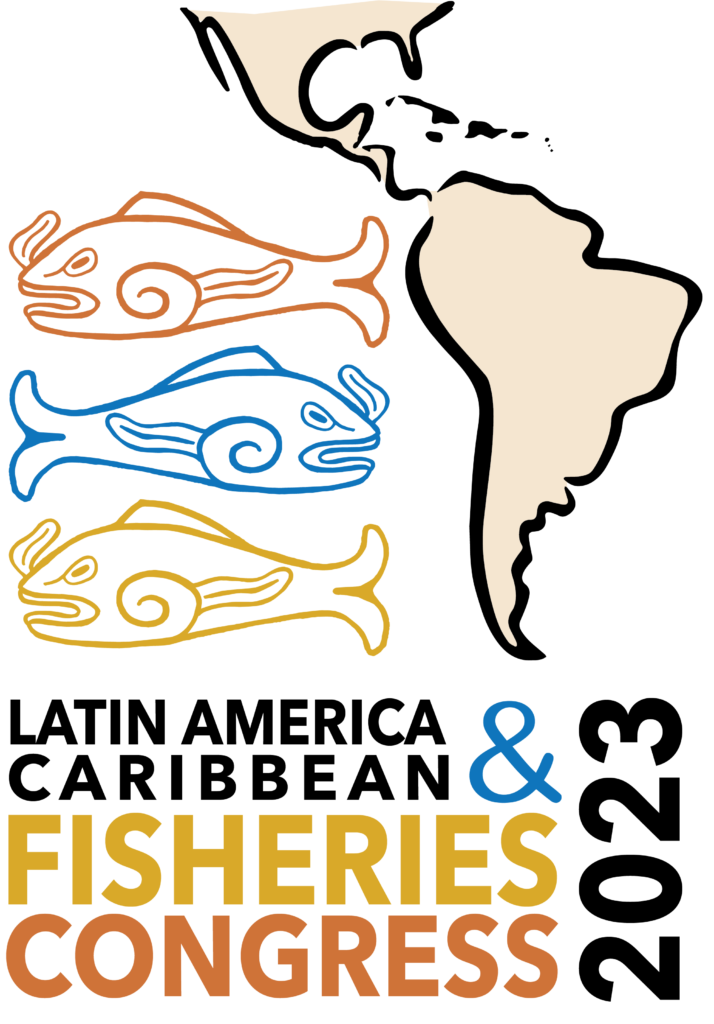Data science is empowering people across many disciplines, and even pushing a new paradigm on how to produce and apply knowledge for achieving sustainability. Fishery science is not an exception, therefore, this innovative session is a unique platform to share experiences on how data analytics, statistics, machine learning, deep learning, artificial intelligence, programming, and other related fields, are empowering decision making towards the sustainability of fishery resources around the world. Participants are encouraged to share innovative methods, new algorithms, or creative applications of data science, that answer old and new questions in fishery science, and inspire others into new creative solutions.
Organized by:
- Iván Felipe Benavides, ibenavidesm@unal.edu.co
- Jhoana Romero, jpatirom3@gmail.com

